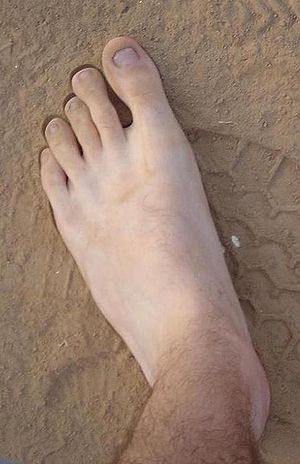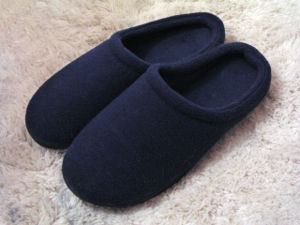 |
| Blood pressure measurement. (Photo credit: Wikipedia) |
There are several different procedures used that can assist your doctor in determining the location of blockage, and the degree or severity of the blockage. This is a helpful tool for the doctor when a patient must undergo surgery. Different forms of testing include: doppler, photoplethysmograph (PPG), ankle-arm index/ankle-brachial index, toe pressures and angiography.
- Doppler - this test is conducted by placing a probe over the blood vessel being tested and uses sound waves to read the blood flow. How quickly the sound waves bounce back to the probe indicates the level of blockage. The probe is directed at red blood cells. The greater the blockage, the slower the cells are moving through the blood vessel. This is then printed to a machine and used for comparison with normal vessels. This test is painless, and the patient who can benefit from it includes smokers, diabetics, elderly and anyone suffering from circulatory concerns.
- Photoplethysmograph - is a test that works similar to the doppler. However, instead of major blood vessels, it measures the health of tiny blood vessels by directing the probe at the tips of the toes. This is another non-invasive and painless test.
- Ankle-Arm/Ankle-Brachial Index - is a test that measures blood flow toward the foot. This test is done on major vessels, and uses blood pressures taken on each arm and ankle for ratio comparison. Differences indicate impeded blood flow.
- Toe Pressures - are similar to blood pressure tests for the toes. If a large discrepancy exists, it indicates presence of disease or blockage.
- Angiography - is a test that uses injectable dye that is then read by a special machine. When less dye is visible, blockage is indicated. This test is useful in determining the amount and location of blockage.
References:
http://www.footdoc.ca/www.FootDoc.ca/Website%20Vascular%20Testing.htm












